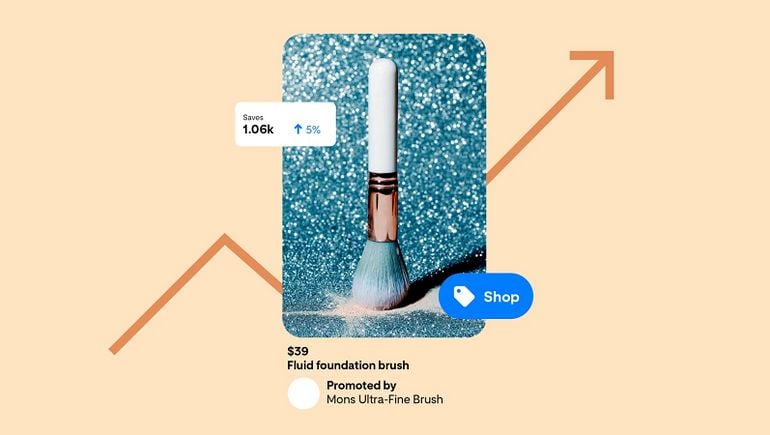Meta’s push to make Apple and Google responsible for checking the age of app users is slowly gaining momentum, with another U.S. state putting its support behind a new bill that would force app stores to implement age checks.
Texas Governor Greg Abbott has signed a new online child safety bill, which would require app stores to verify users’ ages, and secure parental approval before minors would be allowed to download most apps or make in-app purchases.
Senate Bill 2420 would essentially put the onus of age checking on app facilitators, as opposed to leaving that obligation to each individual app, which Apple has argued would require significantly more data tracking on its behalf, which could be invasive.
Utah passed a similar law earlier this year, while US lawmakers have also introduced a federal bill to debate the merits of such.
Which, again, suggests that Meta is gaining traction with its push, as it seeks to alleviate age-checking obligations at the app level.
To recap, back in 2023, Meta published a proposal which suggested that app stores should be held responsible for checking user ages at the app download stage, in order to keep young kids out of adult-focused apps, or at the least, to ensure that parents are aware of such before they download them.
That would take the onus off of social apps in having to implement their own age-checking and verification processes, which currently see each platform undertaking variable approaches to such.
App store-level controls would be more effective, more easily implemented at scale, and enable broader uniformity, and Meta has called for mandated federal legislation on such.
Though Apple and Google, of course, don’t want that responsibility.
Apple, in particular, has railed against various proposed amendments along these lines, because it does not want that obligation to fall on its head. Thus far, Apple has been able to use its lobbying power to dilute such, but with Zuckerberg cozying up to the Trump Administration, and Meta actively lobbying regional governments, the momentum may be shifting, and Apple has already made some changes to its App Store rules in response, implementing new restriction categories for certain apps.
But essentially, Apple doesn’t want to take on this responsibility, and would prefer that the apps continue to be held accountable for content access. Which is less viable, less workable, and will ultimately lead to more risk for youngsters.
And now, it could come down to whether Mark Zuckerberg or Tim Cook has more political sway as to who actually ends up being held responsible for such.
Various regions are looking to implement new social media access restrictions, with new laws that would restrict social media apps to users over 16. Such proposals are also being opposed by social platforms, who have large user segments in younger age brackets, but in combination, there’s clearly a demand for more age restrictions and checking processes to limit harms in social media use.
Improved platform age checking processes are also being trialed, including video selfies verified by third-parties, but a broader, systematic approach, at the app download stage, would be more effective in ensuring youngsters are not able to access inappropriate content.
Though it remains challenging, and a contentious area of debate. Apple’s determined to push back on such, but as more regulatory bodies seem to be taking a shine to Meta’s suggestions, it could find itself in an untenable position.
And with the pushback being that Apple and Google would have to store and share user age info, as opposed to the benefits of keeping kids safe, I’m not sure that the app stores have a winnable case.













